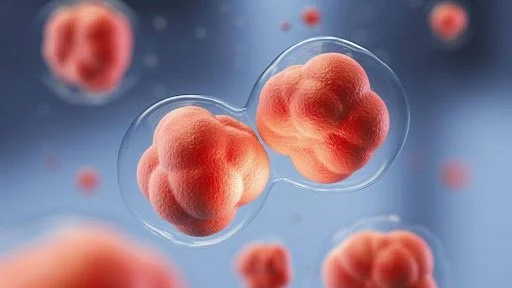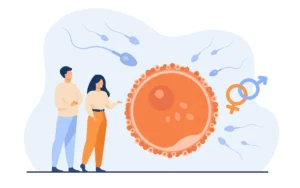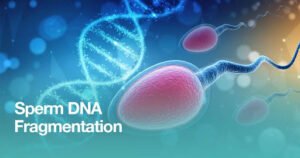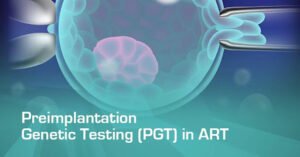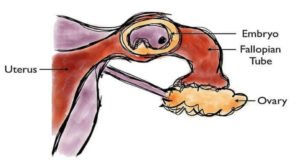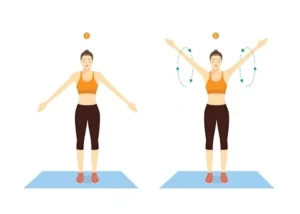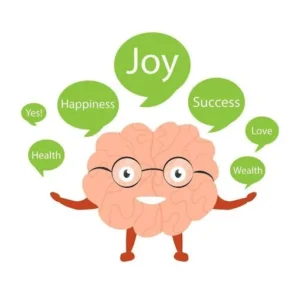Fresh VS Frozen Embryo Transfers: An Explanation through Comparisons
Doctors initially introduced In Vitro Fertilization (IVF) with fresh embryo transfers as the only option due to the limited progress in cryopreservation techniques.

However, over the past years, significant advancements in:
- Cryopreservation
- Culture Media
- Reproductive Technologies
Nowadays Generally FET’s are preferred depending upon various factors:-
- Age of couple
- No. of oocytes received
- Quality of embryos
- Hormonal parameters
- Adequacy of endometrial lining
Fresh & Frozen Embryo Transfers
Understanding the Differences
Fresh Embryo Transfer
- It is typically scheduled for 3 days or 5 days after the eggs are collected from the patient.
- Fresh embryo transfer allows for a shorter time between egg retrieval & transfer into the uterus, increasing the chances of conception.
- However, doctors do not recommend fresh embryo transfer in certain cases. If the patient progesterone level is high, it can negatively impact the implantation of embryos, making a fresh embryo transfer unsuitable.
Frozen Embryo Transfer
- A frozen embryo transfer typically takes place around 6-8 weeks after they freeze the embryo.
- When the patient is ready for transfer, the healthcare provider will give her medications to stimulate a natural menstrual cycle.
- The FET date is then coordinated with the cycle to improve the chances of successful implantation. Doctors can also utilize it for future pregnancies.

The Benefits & Drawbacks of Fresh & Frozen Embryo Transfer
Advantages of Fresh Embryo Transfers
- The waiting time for fresh embryo transfer is shorter as embryos are transferred soon after fertilization.
- The process avoids subjecting the embryos to the stress of freezing and thawing.
- The fresh cycle involves the process of ovarian stimulation, which can result in a receptive endometrial lining if the woman does not experience hyper-response.
Disadvantages of Fresh Embryo Transfer
- Ovarian stimulation during fresh cycles may result in OHSS (ovarian hyperstimulation syndrome), a potentially serious condition marked by enlarged & painful ovaries.
- Fresh transfer is time-critical & needs to be synchronized with the natural menstrual cycle, providing limited flexibility in terms of timing.
Advantages of Frozen Embryo Transfers
- FET provides a couple who have encountered challenging situations like cancer treatments with the opportunity to have children once they complete their treatments.
- Reduced risk of ovarian hyperstimulation.
Disadvantages of Frozen Embryo Transfer
- Not every embryo can withstand the freezing and thawing process, which could reduce the number of embryos that can be transferred.
- Going through frozen embryo transfer can be quite time-consuming.
Factors to Consider When Deciding Between Fresh or Frozen Embryo Transfer
- Personal health
- Timing flexibility
- Success rate
NOTE: REVIVA IVF & Fertility Clinic in Chandigarh provides advanced fertility preservation methods. Our dedicated healthcare team serves exceptional care with precision & expertise in reproductive healthcare. For specialized assistance with embryo transfer, reach out REVIVA IVF & Fertility Clinic
For more information contact us at: 9915004407





